Oral premalignant lesions, technically speaking encompasses a term for pathologies or lesions that are described as having more chances of transforming into a cancer. In other words, the oral premalignant lesions are the precursors for oral cancer. Since they are so subtle in nature, they can be easily overlooked in its initial stages. Oral cancer is one of the leading cancer in India, both in males and females. Staging of oral cancer directly implies the chances of survival at the time of detection. Hence, a patient in whom cancer that is detected in earlier stage, is more likely to have a longer survival chance as compared to patient who suffered with cancer in its advanced or late stage.
Tobacco consumption has widely been acknowledged as the primary or leading cause for the oral cancer. But absence of tobacco consumption does not rule out chances of cancer in an individual. It’s best remembered as ‘5 S’ which are considered causative agents for oral cancer other than tobacco – smoking, spirit (alcohol), spice, sharp tooth, syphilis (infection). Any of these agents can lead to formation of Oral premalignant lesion as well.
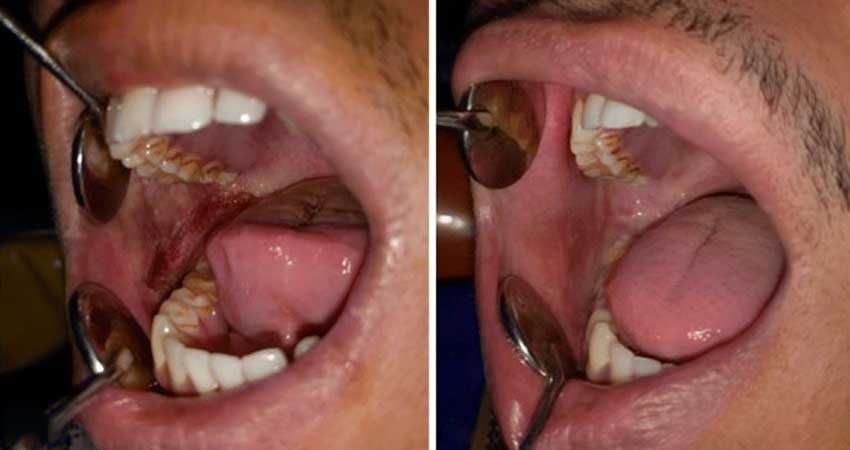
Initial symptoms for any of these condition can be burning sensation of the oral cavity or bleeding from the lesion. The patient generally complains of inability to tolerate hot and spicy food. In patients with OSMF, the mouth opening gradually starts to reduce, the patient also finds it difficult to move his tongue and complains of lack of any taste sensation while consuming any food. If left untreated, it progresses very rapidly and the mouth opening can be reduce to as low as 1 finger breadth and finally transforms into a full blown oral cancer. OSMF, by itself is a lifelong debilitating condition, whereby the patient finds some changes in his oral cavity even after all the possible treatment options are carried out.
Dr. Anurag Bhargava is well trained to diagnose any of these conditions at its very early stage. We understand how mentally challenging it is for any patient to be diagnosed with any form of cancer. We also emphasize to our patient about early detection and appropriate management, hence, we encourage them to be vigilant about any of the suspicious lesion in the oral cavity.
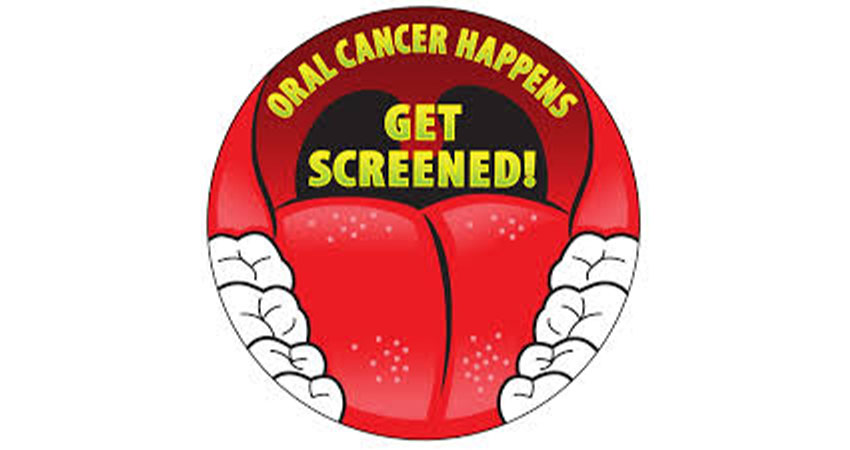
As and when required, we also render surgical treatment for these premalignant lesions, thereby minimizing its progression to an advanced stage. The treatment for OSMF is much different from the treatment for other premalignant lesions. In its earlier stages, we try and manage these condition by injecting certain medications into the oral cavity which helps to reduce the stiffness of these muscles. However, in its more advanced stage, we carry out surgical treatment to release the stiff bands and reconstruct the oral cavity so that proper mouth opening is achieved. This is followed by strict physiotherapy regimen which helps improve the mouth opening. Needless to say, patients with OSMF are also reinforced about the need to stop the harmful habits, failing which all these treatment options prove futile.
Oral cancer has been a menace in the 21st century in developing countries like India and requires medical expert management. However, as mentioned earlier the best way to treat oral cancer is to prevent it by looking for the earlier signs which indicate the cancer formation. We are trained and equipped with facilities to manage such conditions and thereby reduce the burden of cancer on the society.
Causes and Risk Factors
Oral premalignant lesions can be caused by a variety of factors, including:
- Tobacco Use: Both smoking and smokeless forms.
- Alcohol Consumption: Excessive intake can irritate the oral mucosa.
- Areca Nut (Betel Nut) Chewing: A common habit in certain cultures that can lead to OSMF.
- Chronic Mechanical Irritation: Such as from sharp or broken teeth.
- Poor Oral Hygiene: Increases the risk of infections and lesions.
- Human Papillomavirus (HPV): Certain strains are linked to oral cancers.
- Nutritional Deficiencies: Particularly of vitamins A, C, and E.
Diagnosis and Screening
Early diagnosis is critical for effective management. Diagnostic methods include:
- Visual Examination: Regular dental check-ups can help identify suspicious lesions early.
- Biopsy: A small sample of the lesion is taken for microscopic examination to determine if cancerous changes are present.
- Imaging: Techniques such as X-rays, MRI, or CT scans may be used to assess the extent of the lesion.
- Brush Biopsy: A less invasive method to collect cells from the surface of the lesion.
Symptoms to Watch For
Early detection is key, so be vigilant about the following symptoms:
- Persistent Sore: That doesn’t heal within two weeks.
- Lumps or Thickening: In the cheek, gums, or other areas inside the mouth.
- Red or White Patches: On the gums, tongue, or lining of the mouth.
- Numbness or Pain: In any part of the mouth or the lips.
- Difficulty Chewing or Swallowing: Persistent discomfort or pain.
- Changes in Voice: Hoarseness or other changes that don’t resolve.
Treatment Options
The treatment of oral premalignant lesions and OSMF depends on the stage and severity of the condition:
- Lifestyle Modifications: Quitting tobacco, alcohol, and areca nut consumption.
- Medications: Topical treatments, anti-inflammatory drugs, and intralesional injections for OSMF.
- Surgical Intervention: Removal of the lesion or excision of fibrous bands in advanced OSMF cases.
- Radiation Therapy: In cases where lesions show significant dysplasia or carcinoma in situ.
- Physiotherapy: Particularly important post-surgery in OSMF patients to restore mouth function.
Prevention Strategies
Preventing oral premalignant lesions and OSMF involves:
- Avoiding Tobacco and Alcohol: Complete cessation is crucial.
- Regular Dental Check-ups: Early detection and management of suspicious lesions.
- Healthy Diet: Rich in vitamins and antioxidants.
- Maintaining Oral Hygiene: Regular brushing, flossing, and professional cleanings.
- Vaccination: Against HPV for reducing the risk of HPV-related oral cancers.
Post-Treatment Care and Monitoring
Ongoing care and monitoring are essential to prevent recurrence:
- Regular Follow-ups: Scheduled visits for monitoring and early intervention if needed.
- Oral Hygiene Maintenance: Continued emphasis on maintaining a clean oral environment.
- Nutritional Support: Ensuring a balanced diet to aid recovery and maintain health.
- Psychological Support: Counseling and support groups for mental well-being.
Emergency Cases
+91 9826723000
Your treatment plan is designed for steady progress, with every phase promptly implemented.
Related Procedures
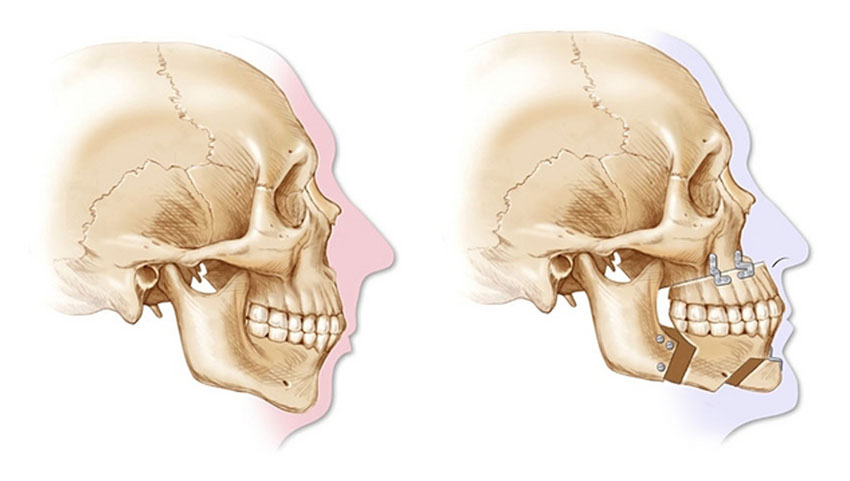
Orthoganthic Surgery
We are all taught growing up that “beauty lies in the eye of the beholder”....
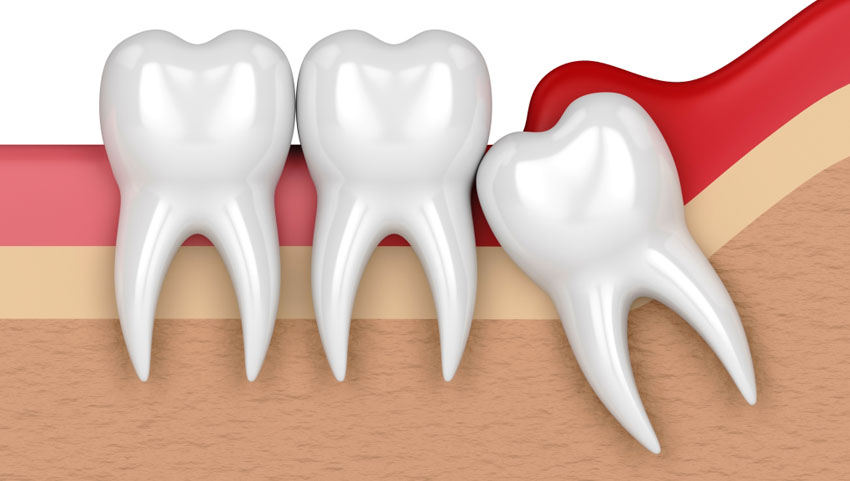
Wisdom tooth
Impacted third molar or, the commonly known as wisdom tooth, removal...
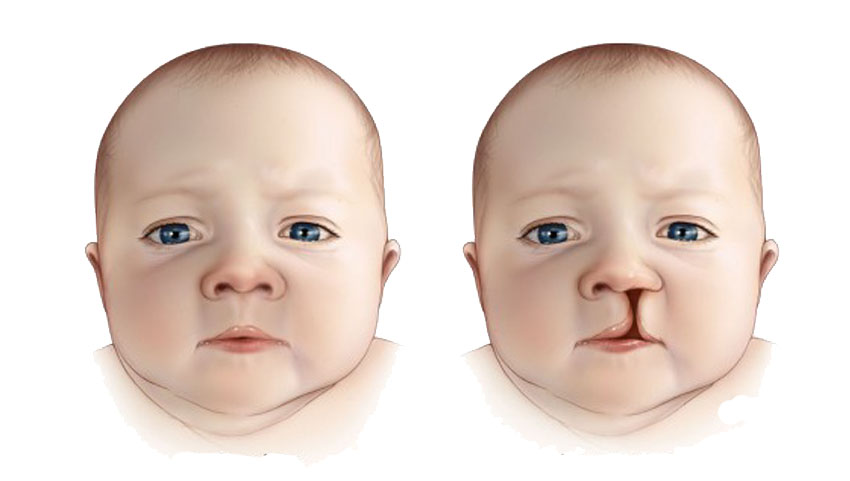
Cleft Lip and Palate Deformity
Clefts of the upper lip and palate are the most common major congenital...
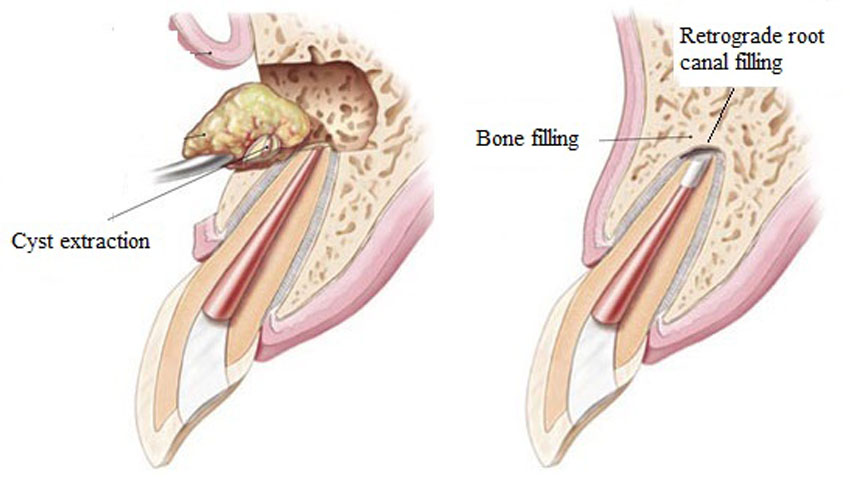
Cysts and Tumors of Oral Cavity
Cystic lesions of the jaws are common pathologic lesions. This group of lesions...
Make an Appointment
Medical director
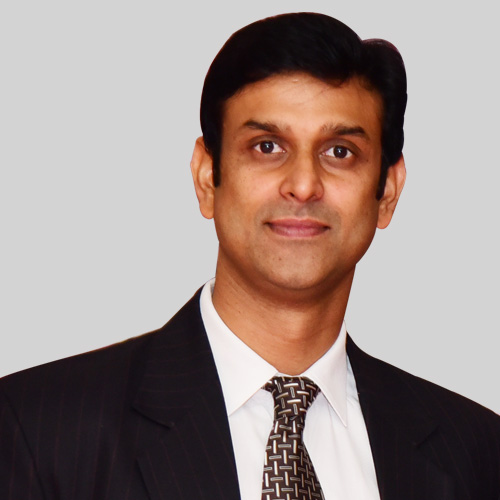
People Say
-
I got a three molars removed from Dr Anurag Bhargav. The surgery was performed in around 30-40 minutes for all the molars. The surgery was performed really well and I had a good experience. After the surgery, I experienced pain for around a week, but the painkillers prescribed really helped. I was satisfied with the quality of surgery and the medical staff at the clinic were also very courteous. They followed up a couple of days after the surgery to take feedback and remind me of the steps needed to heal faster. Overall, I would recommend Dr Anurag Bhargav for teeth extraction. Thank you.

 Aayushi Jain
Aayushi Jain
Mar 18, 2020 -
Hello, My name is Archana Shukla. I am resident of Indore . I had problem regarding my teeth and then I took treatment from Dr. Anurag Bhargava . He suggested me for implant. And now my problem has been cured . The treatment was really good with a very caring atmosphere. I am really grateful for my experience over there. Thank you ..

 Archana Shukla
Archana Shukla
Mar 17, 2020 -
I had some issues with my teeth and visited Dr. Anurag for consultation. My main issue was addressed by RC & Crowing of 2 teeth. Overall Staff who manages everything from Patient interaction to the ones who are directly involved in treatment is doing good Job. My overall experience has been great. I would definitely recommend the place if you have any Dental or Oral issues.

 Jitendra Jeswani
Jitendra Jeswani
Jan 27, 2020 -
Dr. Anurag Bhargav is very nice doctor and excellent person as well. My wife is under his treatment, she is very much satisfied with treatment. A doctor must have good behavior with treatment experience, Dr. Anurag Bhargav has this trait. He is flexible in time, moral boosting.

 anil ojha
anil ojha
Jan 11, 2020

